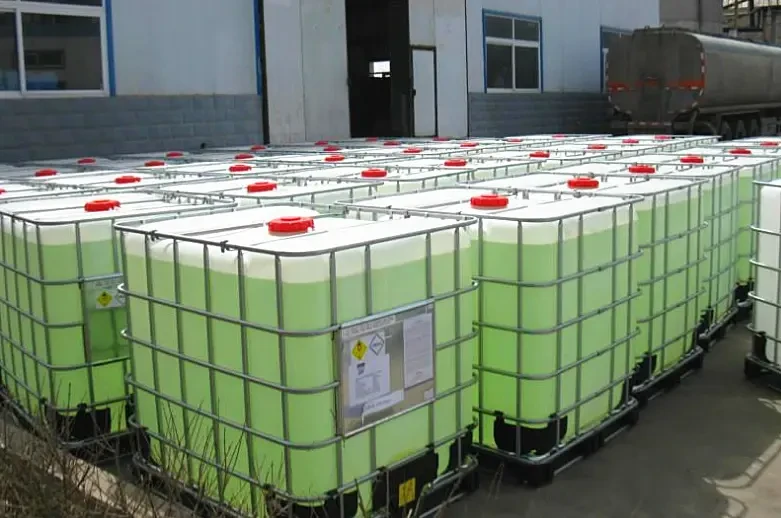Validation of Active Pharmaceutical Ingredients Ensuring Safety and Efficacy
The importance of validation in the pharmaceutical industry cannot be overstated, especially when it comes to Active Pharmaceutical Ingredients (APIs). Validation is a crucial process that establishes confidence in the quality, safety, and efficacy of pharmaceutical products. It involves a series of systematic procedures designed to ensure that APIs meet predetermined specifications and regulatory requirements throughout their lifecycle.
APIs are the essential components of drugs, responsible for the therapeutic effect. When it comes to the validation of APIs, the primary goal is to ensure that they are produced consistently according to quality standards. This process starts with the development of robust manufacturing methods and quality control measures. The validation of APIs encompasses various stages, including raw material qualification, process validation, analytical method validation, and stability testing.
Key Stages of API Validation
1. Raw Material Qualification The validation process begins with the qualification of raw materials used in the production of APIs. Suppliers must be thoroughly evaluated, and their raw materials must undergo testing to ensure they meet quality standards. This step is vital as the quality of APIs is intrinsically linked to the quality of the raw materials used in their production.
2. Process Validation Following the qualification of raw materials, the next critical stage is process validation. This involves documenting and testing the manufacturing process to confirm that it consistently produces APIs meeting predefined specifications. The validation process includes the establishment of critical process parameters (CPPs) and critical quality attributes (CQAs). By comprehensively validating the manufacturing process, companies can ensure that any variations are understood and controlled, thus guaranteeing the consistency and reliability of the APIs produced.
validation of active pharmaceutical ingredients

3. Analytical Method Validation To accurately assess the quality of APIs, robust analytical methods are essential. Analytical method validation ensures that the testing methods used are suitable for their intended purpose. This encompasses parameters such as sensitivity, specificity, accuracy, and precision. Validated methods are essential for detecting impurities and verifying that the APIs meet quality specifications before they are released for commercial use.
4. Stability Testing Another integral aspect of API validation is stability testing. This process assesses how the quality of an API changes over time under various environmental conditions. By understanding the stability profile of an API, manufacturers can determine appropriate storage conditions, expiration dates, and labeling requirements. Stability studies help ensure that APIs remain effective and safe throughout their shelf life.
Regulatory Considerations
In the context of global pharmaceutical regulations, compliance with Good Manufacturing Practices (GMP) is imperative. Regulatory authorities such as the U.S. Food and Drug Administration (FDA) and the European Medicines Agency (EMA) have established guidelines that dictate the validation processes for APIs. Compliance with these regulations not only ensures the safety and efficacy of drugs but also fosters public trust in pharmaceutical products.
Conclusion
In summary, the validation of Active Pharmaceutical Ingredients is a vital component of the pharmaceutical manufacturing process. Through rigorous testing and evaluation at every stage, manufacturers can ensure the quality and safety of their products. This validation process not only satisfies regulatory requirements but ultimately protects public health by ensuring that medications are effective and safe for patient use. As the pharmaceutical industry continues to evolve, the commitment to validating APIs remains crucial in delivering quality healthcare solutions to the global population.

